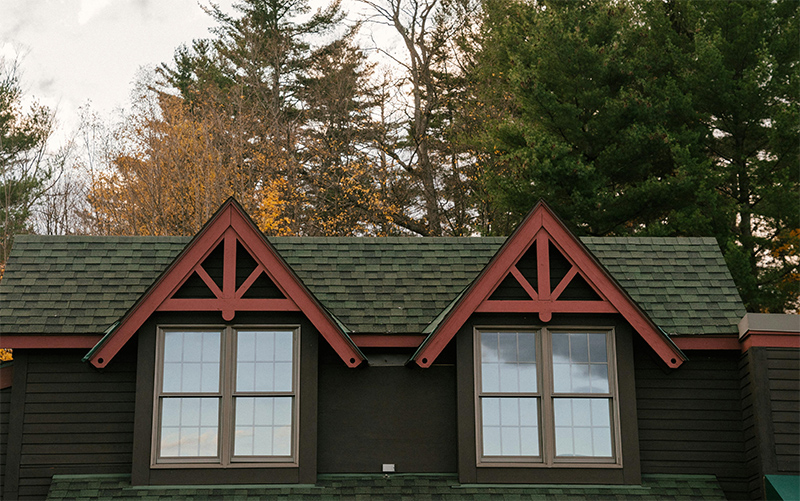
RCN/CJ Patrick: Investor Sentiment Rebounds from Recent Lows

(Image courtesy of Marta Wave/pexels.com)
Real estate investor sentiment is rebounding after declining sharply for two consecutive quarters, according to the latest RCN Capital/CJ Patrick Co. Investor Sentiment Index.
After hitting a two-year low of 88 in the spring, the index rose by 16% to a score of 102, lifted by dramatic improvements for both current market conditions and anticipated trends over the next six months. But even with this increase, the index remains lower than it was a year ago, when the score was 116.
According report, the percentage of investors who view today’s market as better or much better than it was a year ago increased from 31% in the previous quarter to 48%; those who view the market today as being the same as a year ago dropped from 34% to 26% and the percentage of those who feed market conditions have worsened fell from 34% to 25%.
Investors are slightly more optimistic about where the market is headed over the next six months, with 49% expecting the market to improve, 30% expected it to stay the same, and only 20% expecting it to decline.
“It’s interesting that investor sentiment seems to be moving in lockstep with consumer sentiment: both hit multi-year lows in April, but have been trending up since,” RCN Capital CEO Jeffrey Tesch said. He noted that for investors, this could be due to market conditions that are shifting at least slightly in their favor, “such as inventory of homes for sale rising by 30% from last year and the rate of home price appreciation slowing down significantly, which improves affordability.”
High Cost of Financing Still Cited as Biggest Challenge – Insurance a Growing Concern
The high cost of financing continues to be the most frequently cited challenge by investors, as it has been since the survey’s inception in 2023, noted by 50% of the respondents. Rising home prices (34%), competition from other investors (34%), lack of inventory (33%) and the rising cost of material and labor (25%) were the other challenges most frequently mentioned. While the top three challenges cited were consistent with prior surveys, the percentage of respondents citing them were all lower quarter over quarter.
Future challenges cited by investors in the survey were almost identical, although the percentages varied slightly. One other potential future challenge – the inability to secure financing – was mentioned by 25% of the investors.
Insurance-related issues–rising costs and limited availability–are a growing concern among all investors, with 73% saying insurance was an important consideration in their investment decision-making and 56% claiming that insurance problems had caused them to miss out on a deal. The issue is of critical importance in states hit hardest with extreme weather events, such as California and Florida.
Flippers Continue to be More Optimistic Than Rental Investors
The report said “Fix-and-Flip” investors are once again more positive about market conditions than were rental property investors. Over 53% of flippers believe that market conditions have improved over the past year, compared to only 33% of rental property investors. Even that relatively low percentage of rental property investors represented a significant improvement from the previous quarter, when only 17% of those investors said that conditions had improved. The gap was narrower when looking to the future: 40% of rental property investors believe conditions will improve over the next six months, while 52% of flippers do. Similarly, 22% of fix-and-flip investors believe that today’s market is worse than last year’s, while about 33% of rental property investors noted a decline in the market.
Both rental property and fix-and-flip investors agree that home prices will continue to rise: 59% of all respondents, 65% of flippers and 50% of rental investors agree. But investors believe home price appreciation is slowing down: almost three quarters of the respondents expect prices to decline, stay flat, or rise by less than 5% in the next year.
